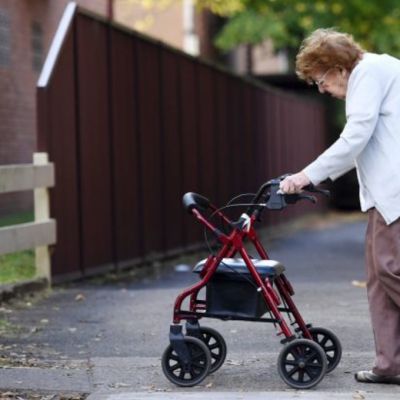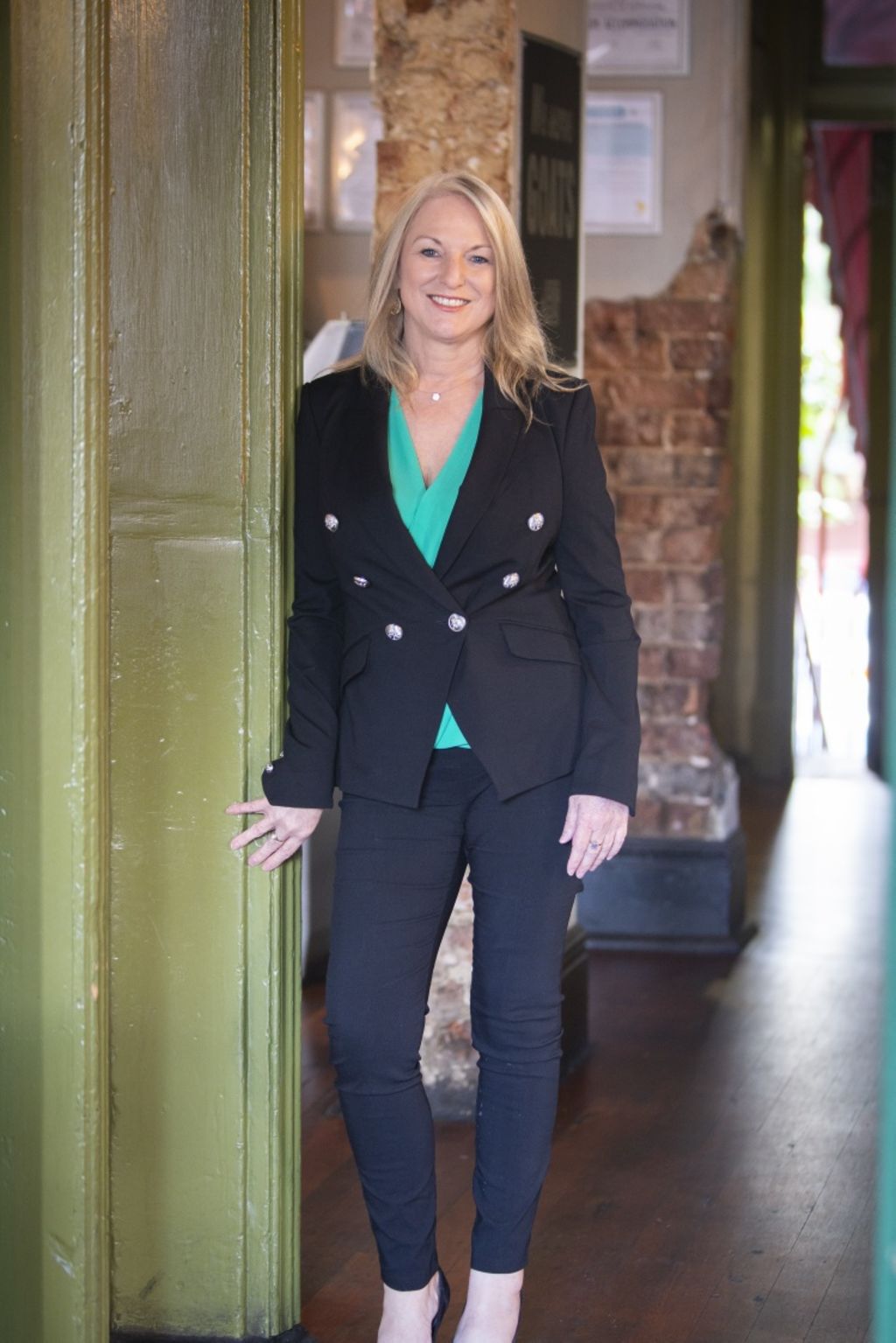Number of older Australians paying a mortgage skyrockets, leading to poor mental health: AHURI

The amount of mortgage debt held by Australians older than 55 has exploded by 600 per cent over nearly 30 years, putting older home owners at risk of poor mental health, a new report shows.
In the same period, debt-to-income ratios of the same age group blew out from 71 per cent to 211 per cent, leaving researchers deeply worried about Australians’ financial future.
Curtin University Professor of Economics Rachel Ong Viforj said there was a link between mortgage stress and poor mental health, and the effect was more pronounced in women.
The findings, contained in Australian Housing and Urban Research Institute report Mortgage stress and precarious home ownership: implications for older Australians, released on Tuesday highlight a frightening future for many.
“Basically, older female mortgagees are more sensitive to personal changes like marriage breakdowns,” she said. “Women also tend to just own the family home, unlike men who tend to have more diversified asset portfolios.”
Debbie Rivers, who is over 50 years old, said she was on track to be mortgage-free until her divorce 12 years ago.
“We budgeted, we did everything right, lived on one income, had three kids and almost paid it off,” Ms Rivers said. “We also prided ourselves on not having a huge mortgage and didn’t ever want one either.”
She said when she and her husband had no debt, she felt she was in “a really good position” and was surprised to find herself left with a bigger debt than she started off with on her first mortgage.
 Number of near-retired Australians still paying the mortgage skyrockets, experts worried
Number of near-retired Australians still paying the mortgage skyrockets, experts worried ‘Demoralising and humiliating’: More older Australians falling into homelessness
‘Demoralising and humiliating’: More older Australians falling into homelessness Funds for housing, new laws needed to end homelessness in Australia, say experts
Funds for housing, new laws needed to end homelessness in Australia, say experts ‘I didn’t want to be homeless with a baby’: Young women share their stories of homelessness
‘I didn’t want to be homeless with a baby’: Young women share their stories of homelessness
“I would have had no debt whatsoever if I stayed married,” she said, adding that older women were at greater risk of homelessness because of such life events.
“I suppose for a lot of people they never expect to find themselves in that financial position at that time of life,” Ms Rivers said. “I don’t tend to stress over it myself … I know I’ll have enough money, but it’s not a financial situation that I’d imagine to be in at this stage in life.”

The Perth-based relationship coach said she came across many people in the same situation and they all dealt with it differently.
“[Some are] oblivious to the fact they will pay off their mortgage until they’re 70, which is kind of scary,” she said.
But others were stressed by high levels of debt.
“My male clients are particularly stressed by it. It weighs heavily on their mind that they don’t have choices,” she said. “Maybe before a divorce they imagine they’d be retired by 55, but the harsh reality is they can’t see themselves retiring before they’re 75 or whether they’ll be well enough to work.”
But it’s not just personal mental health taking a hit. Professor Ong Viforj warned the trend was putting Australia’s superannuation system and national finances at risk too.
“There’s a concern they may look to their super balance [to pay their mortgage],” she said. “It’s actually quite concerning because the system wasn’t set up to pay off mortgage debt it was set up to take the pressure off the aged pension system.”
Australia’s policy settings for retirement income assume most will own their home outright by the time they retire, and Professor Ong Viforj said this meant that unless the government took steps to prepare for debt-laden retirees, it could be caught unawares.
“We can’t keep relying on this assumption people will own their home outright before they retire … It’s just not the case,” she said.
“As a whole, the Australian housing system is undergoing a significant transformation.
“In 15 years, the housing system will look quite different from how it does now.”
We recommend
We thought you might like
States
Capital Cities
Capital Cities - Rentals
Popular Areas
Allhomes
More
- © 2025, CoStar Group Inc.







